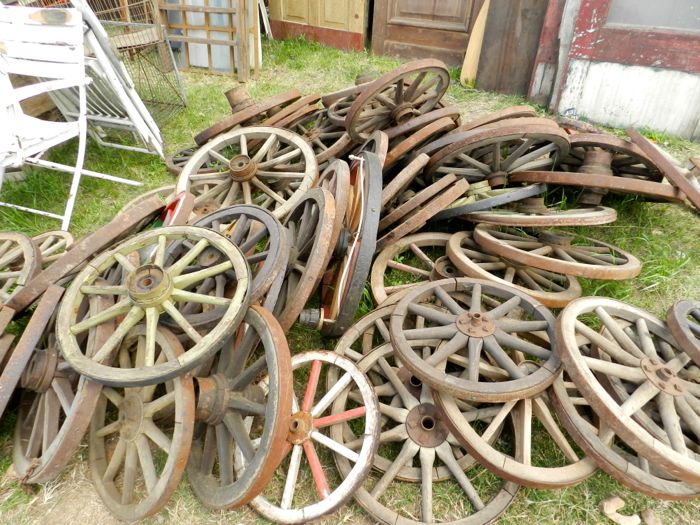SharpNav
A managed C# Navigation mesh library
Robert Rouhani
what is it?
- Generates navigation meshes from triangle soup
- Dynamic objects in realtime
- Store and retrieve navigation meshes from file
-
For static levels
- Finds paths from one point on the mesh to another
- Actors of different sizes
- Local steering and crowd handling
Why?
- Nothing good out there in C#:
- CritterAI - Unity-focused, native deps, no dynamic objects
- SharpSteer - only does local steering
- Pure C# means lots of target platforms:
- Windows, Linux, OS X
- iOS, Android, Windows Phone
- Xbox 360, PS3
- Lots of XNA/MonoGame questions about AI in 3d
- Most often answered with a link to the A* algorithm
- Lots of wheel reinventing
Recast and Detour

Written by Mikko Mononen
Recast and detour
- Written in platform-independent C++
- Well designed
- Fast
Recast and Detour
- Hard to bind via P/Invoke (C++ API)
- Some platforms don't like/allow dynamic linking
- P/Invoke has overhead
- The "Compile Once, Run Everywhere" dream
Porting
- C# is pretty close to native performance
- Excluding tight math loops
- Besides triangle voxelization, not much math
- If necessary, use Mono.SIMD for SSE instructions
- Parallelization is easy with C# 4.0's Parallel class
- Object pooling to avoid GC pausing if necessary
The Algorithm at 10,000 ft
Voxelization
Region Generation
Contour Generation
Convex Polygon Generation
Detailed Mesh Generation
Voxelization

Voxelization
- Conservative voxelization
- If any part of the triangle touches the voxel, it is included
- Calculate the triangle's voxel-aligned bounding box
- For each voxel column, clip the triangle to the column via the Sutherland-Hodgman algoirthm
- Snap lowest and highest vertex in clipped column to voxel grid
- All voxels in that range are included
Voxelization

Region Generation

Region Generation
- Open vertical spans are determined from voxelized world
- Determine neighbor accessibility for each span
- Based on number of neighbors, a distance field from walls and other obstructions can be created
- Use the watershed algorithm to flood-fill walkable regions
- Do some extra filtering to clean up regions
Region Generation

Contour Generation

Contour Generation
- "Walk" along the edge of all the regions to generate the region's contour (outline)
- Region-region edges are simplified by removing all the vertices along the edge except the first and last ones
- Region-null edges use the Douglas-Peucker algorithm and a maximum deviation variable for simplification
Contour generation

Convex Polygon Generation
- Triangulate the contours
- Merge triangles that form convex polygons together
Convex Polygon Generation

Detail Mesh Generation

Detail Mesh Generation
- Add vertices to the hull of polygons that deviate too much from the original voxelized world
- Perform Delaunay triangulation on the polygon
- Sample internal parts of the triangulated polygon and add more vertices/triangulate again
Detail Mesh Generation

Demo
Thanks
Professor Moorthy
Professor Goldschmidt
Sean O'Sullivan
RCOS
